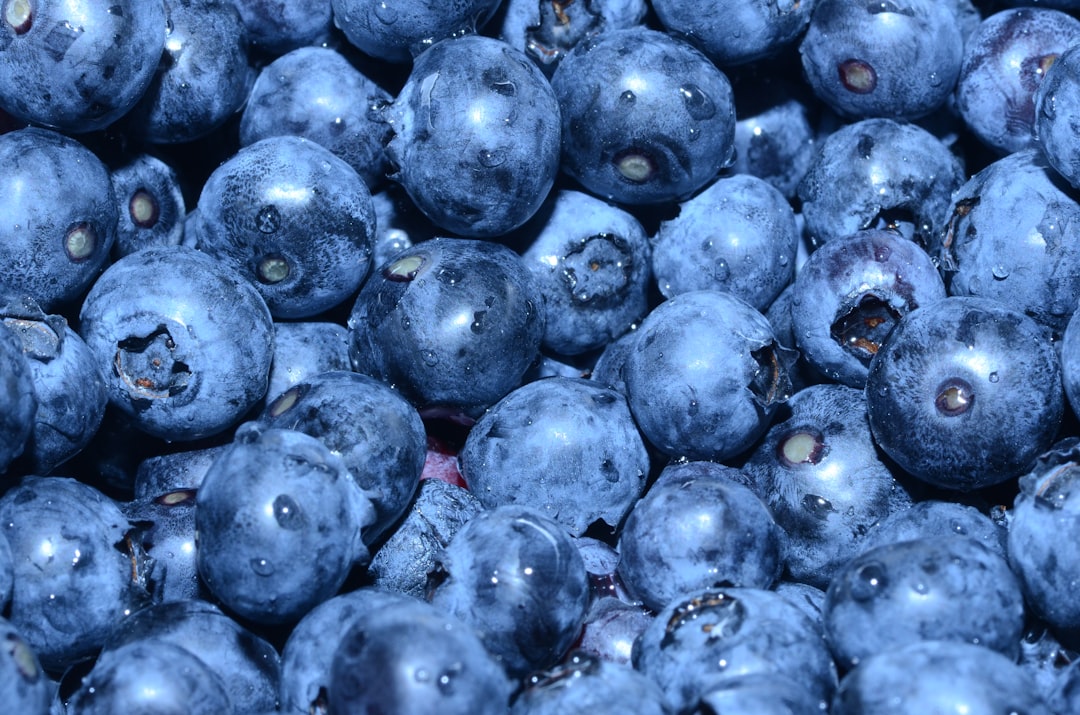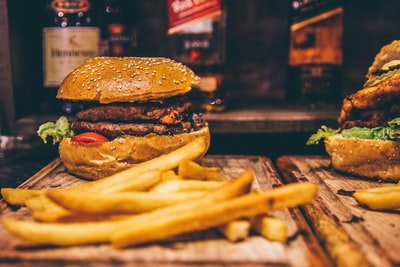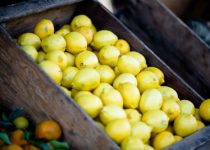Never Pay Full Price At The Supermarket
You will see on the menu lists at the supermarket that Natural Foods are usually at the top of the list, but when you actually shop around there can be a surprise… many of these foods are actually expensive! You may think that the extra costs involved with the gareners, GMOs, artificial fertilizers, drugs and additives are worth it, but unfortunately you will not be able to taste the difference when buying “Natural”. Get yourself a custom made bottle or bottleless version of the food you love, and only if you have the taste superb will you know!
5. Be careful with the yet more expensive “Organic” foods. This is usually the Fancy version, which is usually only superfruits and seldom used outside. The costlier the price, the more packaging, and the shorter the shelf life. While the food is fresh, you can actually expect a longer “shelf life” for the fruits and vegetables you buy. And, what you have at home now may be expired, and even the stores want you to eat their coupons right away, before it goes bad (hint: paper coupons bring back bigger savings).

6. Coupons don’t buy “termites”. Be sure that you have a current crop of coffee or tea to hand when going grocery shopping. And put stickers on the containers before you put them in the dry goods basket. Customers generally go out of their way to get free samples, especially if they are going to drop by your place to shop.
7. Cut out the middle man. Nowadays, you still need to pay a couple of bucks for your veggies or fruits, but you should be able to get a good price for the produce you buy directly from the farmer.
8. Be choosy, but don’t be afraid to use coupons. You may find that there are quite a few organic foods out there that you have never heard of. Maybe you’ve heard of some, but not enough to remember the ones you see in the produce section. If you ever get the opportunity to shop at your favorite grocery store, open up your eyes and look around. Check the Magazine rack, the diagonal section in the middle of the aisles, or perhaps scan some of the many recipe books in the library. You may find a few that you’ve never heard of, and for that you don’t have to buy the book just to find out what they are. You’ll likely save some money this way, and you’ll thank yourself for it later.
9. In the produce section don’t buy the products that you haven’t already cut up and prepared into smaller pieces. It’s frequently hard to get all of the produce that you need in one purchase. If you have a couple loaves of bread and one pound of butter, you can easily restock the freezer with fresh bread and pound cake.
10. Right before you go shopping, check your freezer. Go line for the freezer/freezer condition. If you see any signs of damage or moisture, put the product back and purchase new. If you see an expiration date on the package, that means the date when the food was processed. The expiration date will usually be on the back of the product.
11. Throw away any old, used food. If you’ve had leftovers, use them first. preferably, the food should be refrigerated or frozen.
12. Added items to your shopping cart will more than likely be processed, packaged and contain unhealthy or unnecessary ingredients. Always look at the products before you check out and of course, check out your shopping cart.
13. Shop around. Another great tip is to check out your local farmer’s market or neighborhood food co-op. You may find that a better deal is even better than the one from the superstore.
14. Cooking at home is getting cheaper, so check out restaurants that offer grand dinners or large portions.
15. The internet is a great place to find some great coupons for your favorite brands. There are many websites that crunch the coupons and offer them directly to you. Sometimes, these companies offer lower prices than your local superstore.
16. Cut out spending on fast food and other low quality sources of prepared meals. This will let you keep your meals closer to home and also save you money as you will no longer need to go to the grocery store to get the foods you need.
17. Visit restaurants that offer reservations if you haven’t been there before. It’s a great way to see a different side of the food and culture.
18. Try new cuisines. Don’t always order the same meal at the same restaurant. Visit other restaurants that make unusual dishes. Ask the server what they think is a good meal.
19. Avoid processed foods. This is where most people will part with their hard earned money and fork out extra.



